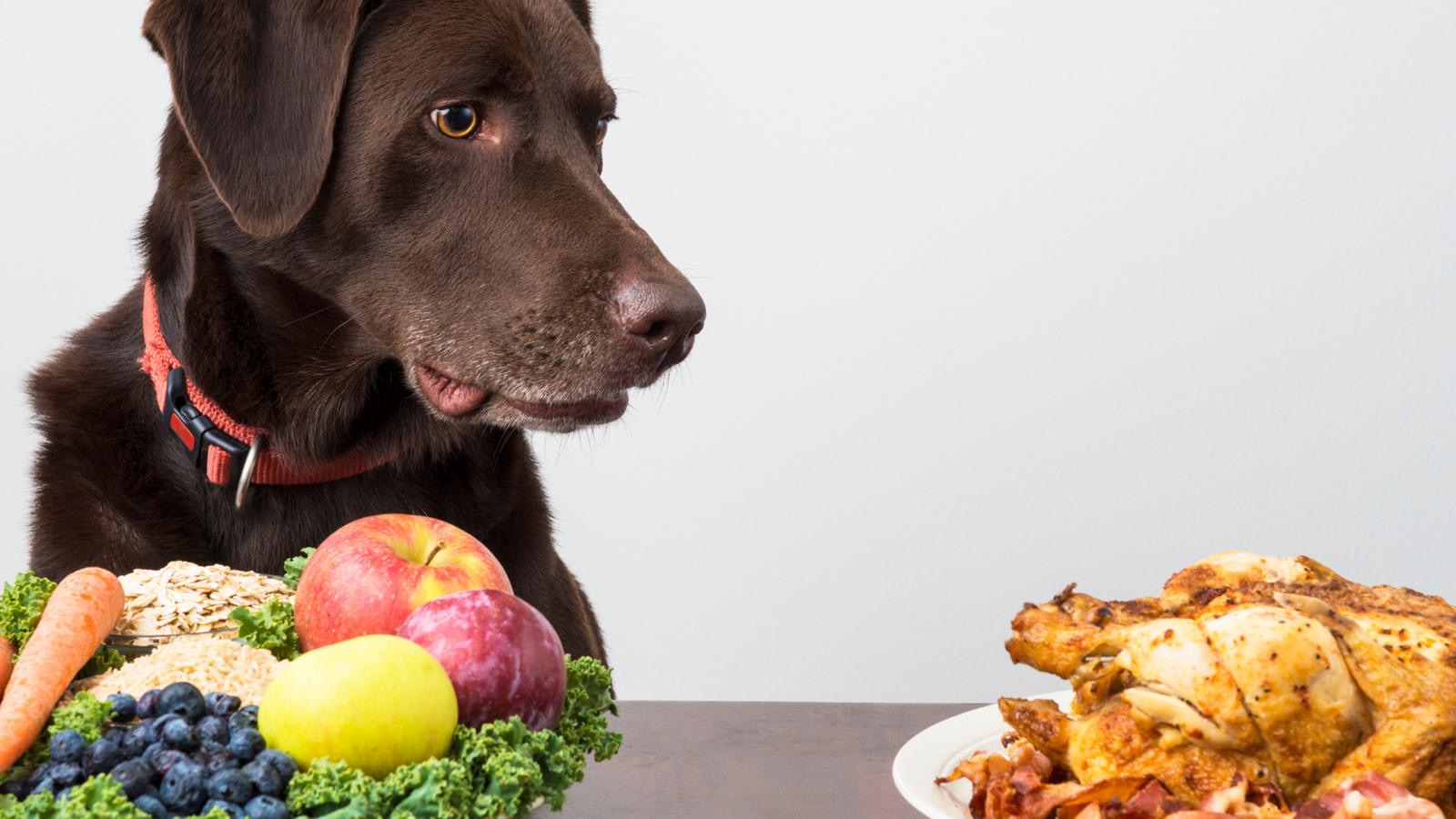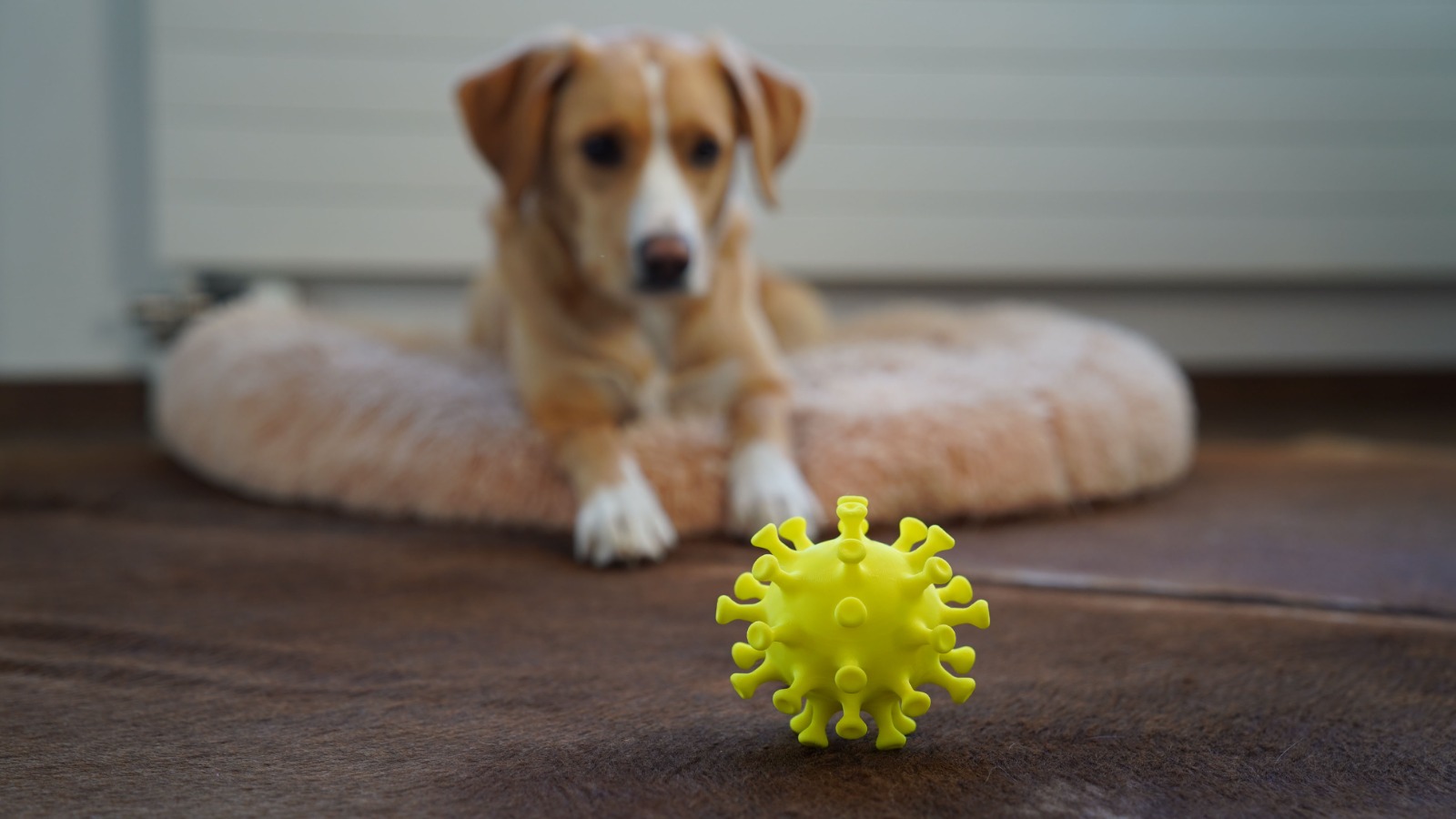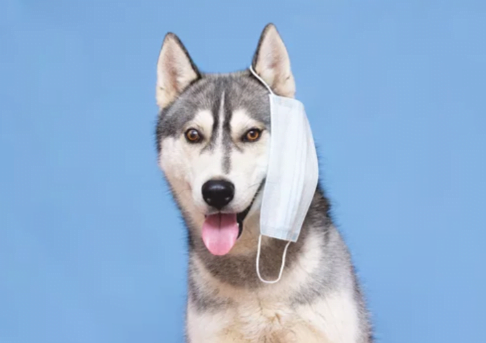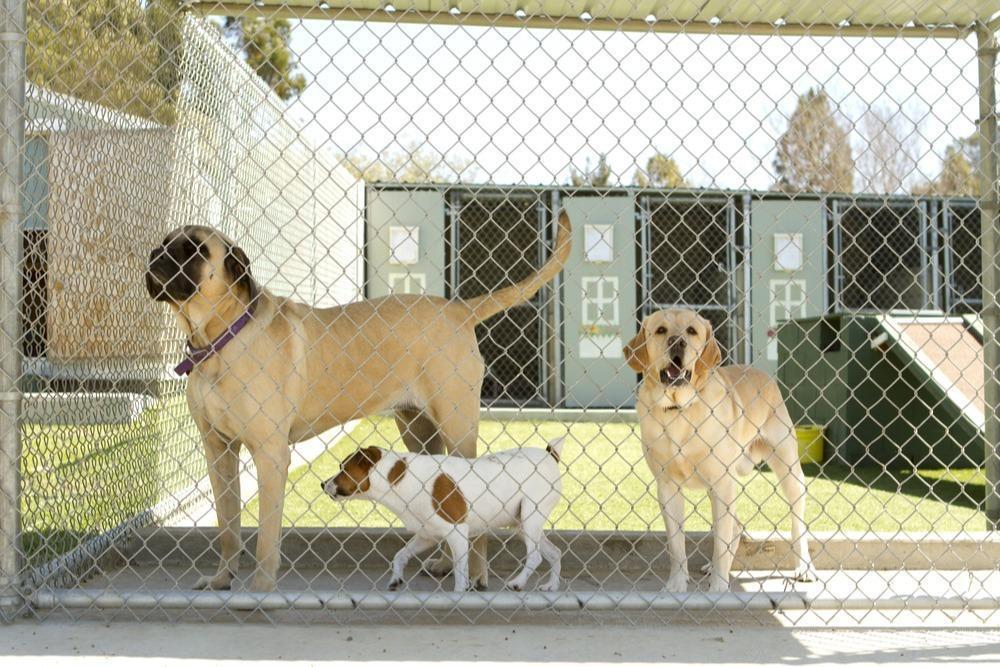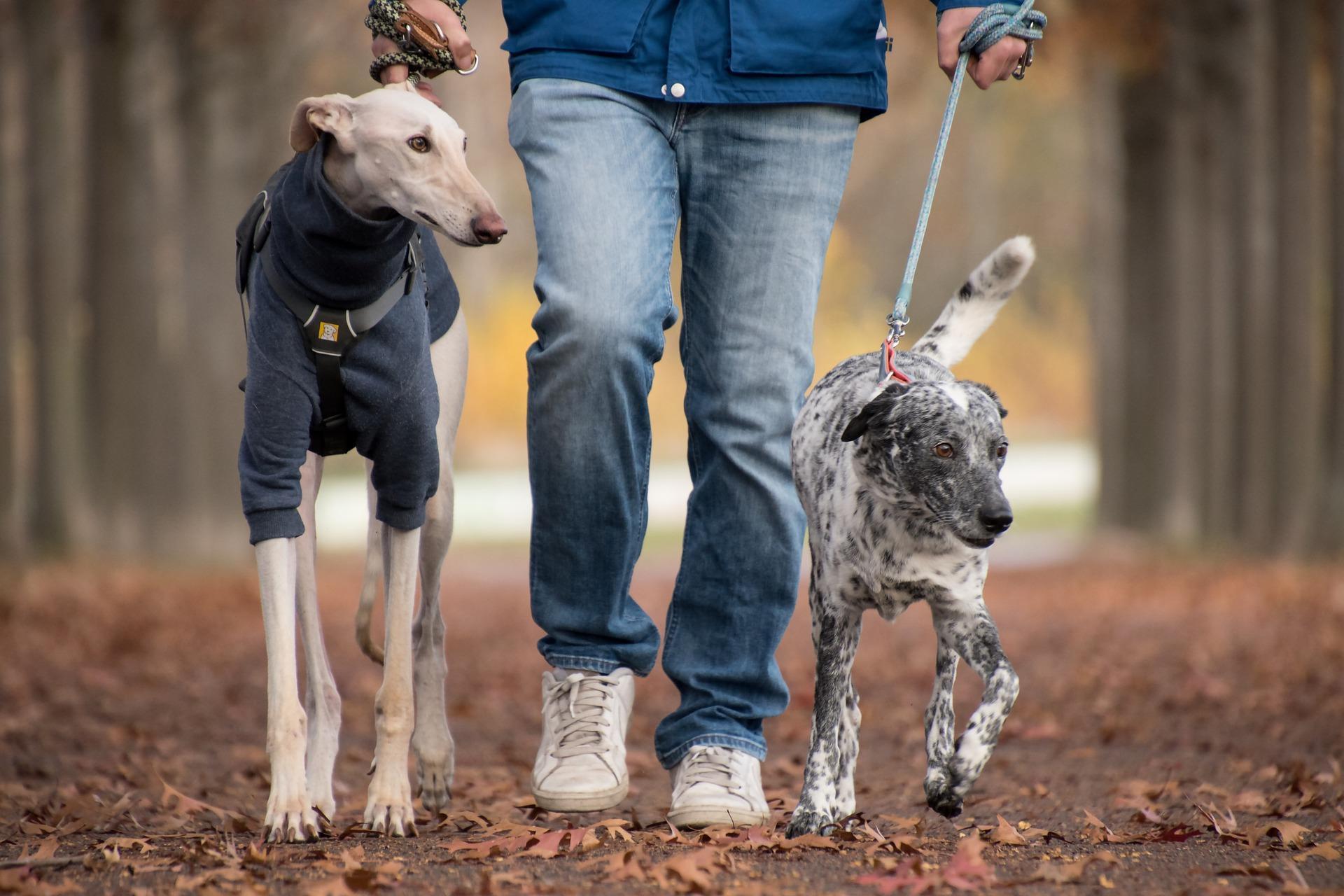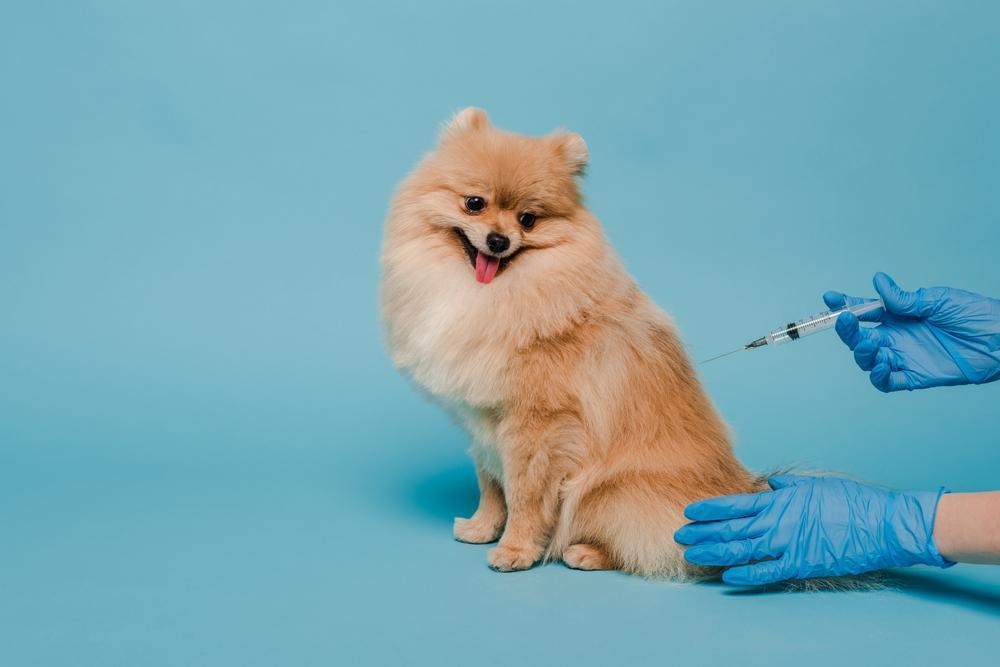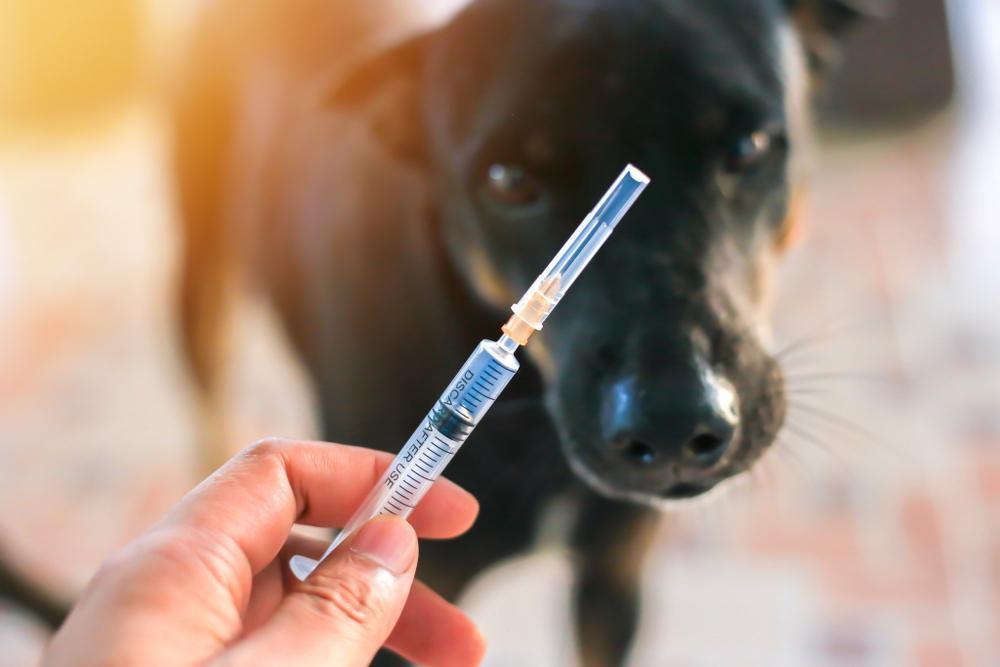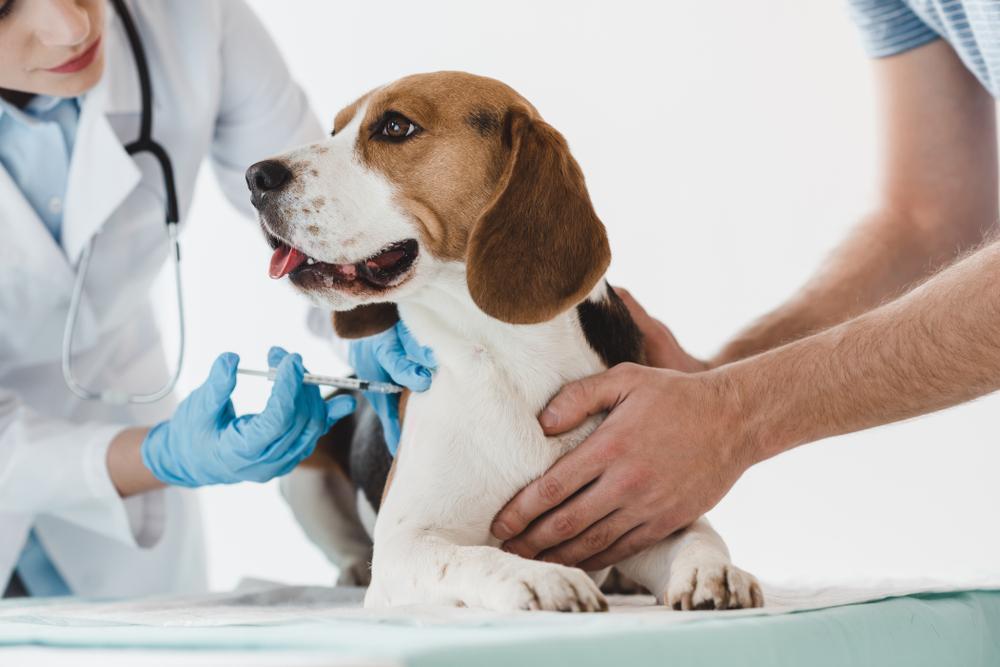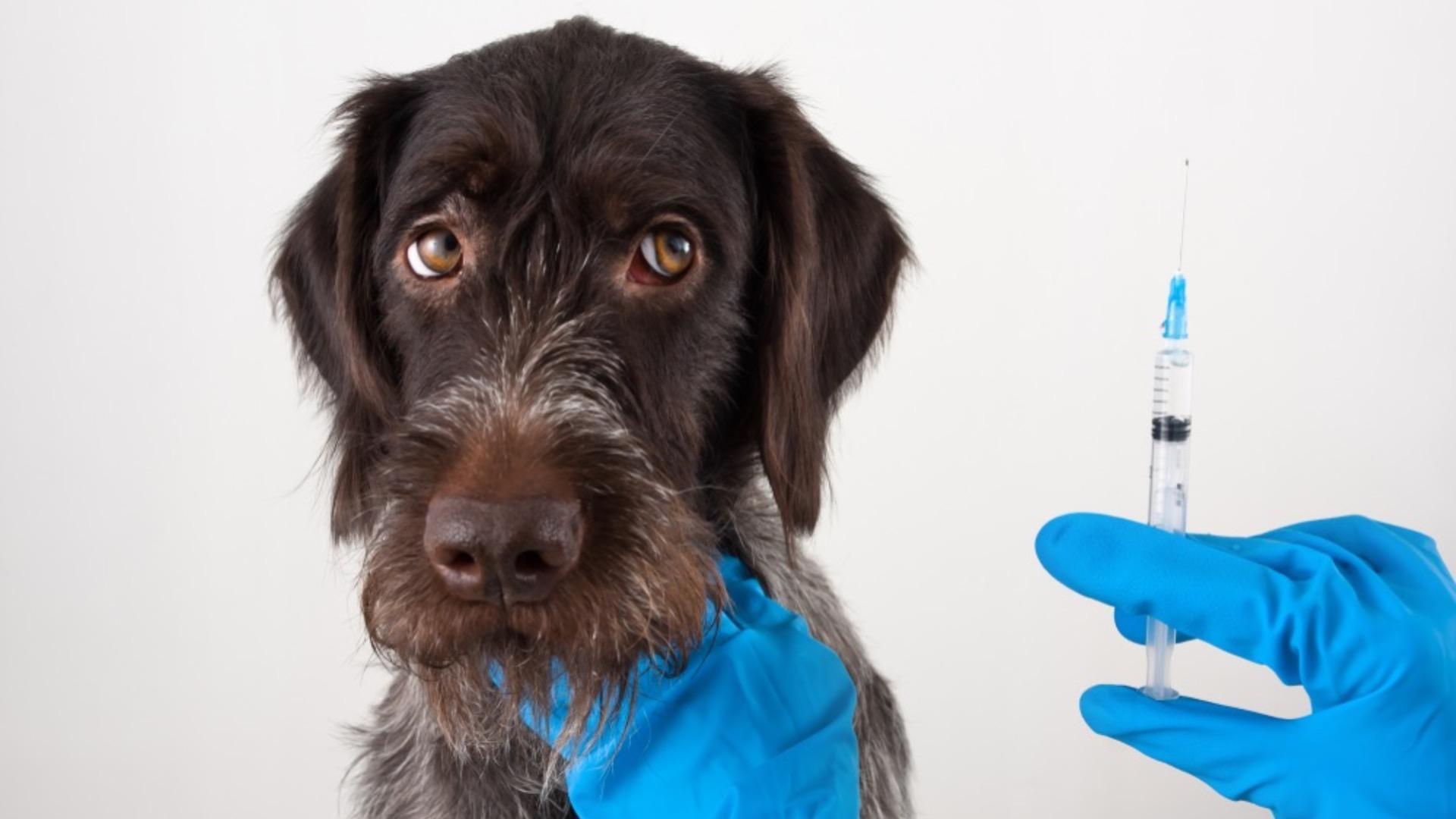
Let’s take a look at kennel cough in a little more detail and some data around the vaccination.
Kennel cough is a broad term covering any infectious or contagious condition of dogs where coughing is one of the main symptoms.
Several viruses and bacteria can cause kennel cough, and often at the same time.
They include (but are not limited to):
The coinfection of these pathogens, among others, manifests as CIRD and they act synergistically to cause respiratory illness.
The smallpox vaccine was introduced in 1796 after Edward Jenner observed that milkmaids who had previously caught cow pox didn’t catch smallpox. The idea was that exposure to killed or weakened virus/bacteria that cause disease can prime the immune response, but it doesn’t actually make the host sick.
So, vaccinations allow the host to develop immunity without having to suffer the disease.
This is the basic premise of the kennel cough vaccine – or any vaccine your dog may have for that matter.
Sadly, it’s not quite as cut and dry as it sounds.
There is increasing evidence that over-vaccination is associated with the development or aggravation of immune-mediated disorders and chronic diseases in individual pets that are genetically predisposed.
This raises a particularly interesting element that has perhaps been missed when developing the blanket vaccination schedules for our pets. Twin studies in humans have demonstrated there is a clear genetic role in vaccine response.
A growing list of genes have been associated with immune related functions critical to immunological response and much data is concluding it is the status of these genes that is key to immune response.
Human data is highlighting that this is one of the reasons vaccines can either elicit partial, complete or failure to protect individuals treated under the same conditions.
This would also suggest that the opposite is therefore true; gene status could elicit partial or complete adverse reaction, or hopefully failure to demonstrate adverse reaction.
This is likely understood in the canine world to some extent because most vaccines are advised as safe for healthy dogs but not those with a compromised immune system, and this applies to the kennel cough vaccine for dogs.
One study of 972 dogs found that the kennel cough vaccine was around 20% effective in reducing coughing compared with a placebo vaccine.
In addition, another study demonstrated that between 40-60% of all dogs who suffered with kennel cough, had a history of vaccination.
However, other studies regularly report a 100% effectiveness rate.
A literature review from 1977-2014 explored all relevant studies on the kennel cough vaccines and concluded that questions around the longevity of vaccine induced immunity and the prevalence of natural exposure on immunity remained largely unanswered. They also suggested that many studies into the vaccine are flawed.
Whilst researchers seemingly disagree on the effectiveness of the vaccine, they continue to ask whether the live attenuated vaccine and its shedding contributes to exposure and therefore herd immunity? On the other side of this scale, could it be contributing to levels of the pathogens in the environment and fuelling further infections? It is well known that the kennel cough vaccine can shed for around 6 weeks after administration after all.
There are side effects reported after administration of the kennel cough vaccine including:
We must also consider the risk of vaccinosis. Check out our blog here for more information:
Whilst researchers are still disagreeing on the effectiveness of the vaccine, they all agree that prevention is better than cure. Largely because most healthy dogs recover uneventfully.
There may be concerns if poorly or elderly dogs catch kennel cough, but even if we were to consider a vaccine here, like all data sheets suggest, a vaccine should only be administered to healthy dogs anyway.
A titre test is a simple blood test which establishes the levels of existing antibodies in the blood. Antibodies are produced when an antigen provokes a response from the immune system. This response can be from natural exposure or a previous vaccination.
The issue is that kennel cough can be caused by a number of bacteria or viruses; often at the same time, so a titre test is little use in this case.
The choice is ultimately up to you, but we would ask the following questions to help you decide?
Is the vaccine safe?
Is the vaccine effective?
Is your dog at risk of catching it?
Is your dog healthy?
You can also learn more about vaccinations in general in our blog here:
Everything You Need to Know About Vaccinations
The best weapon in your arsenal is to support your dog’s immune function as much as possible. If they have a well-developed and mature immune system they are better able to fight threats.
Do We Need To Boost Our Pet’s Immune System?
10 Top Foods For Your Dog’s Immunity
If you would like some support with your pet’s health, then check out our services to see how we can help.
Thanks for reading,
MPN Team
